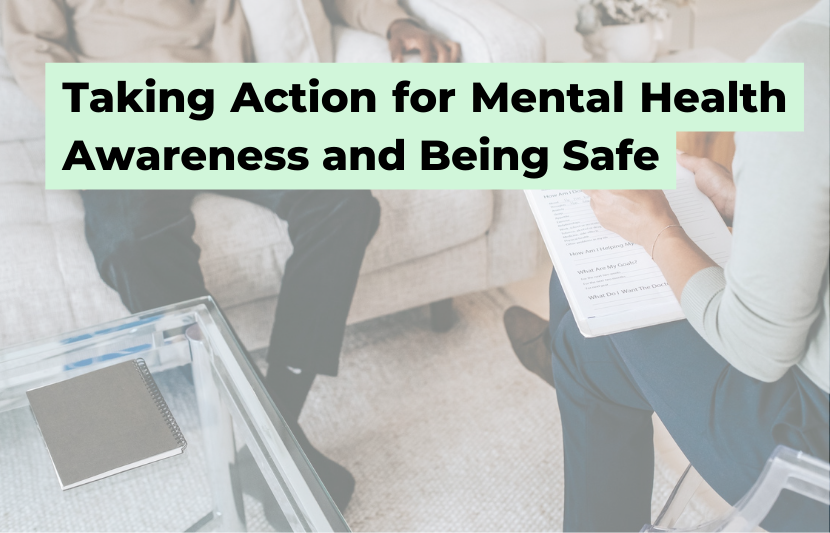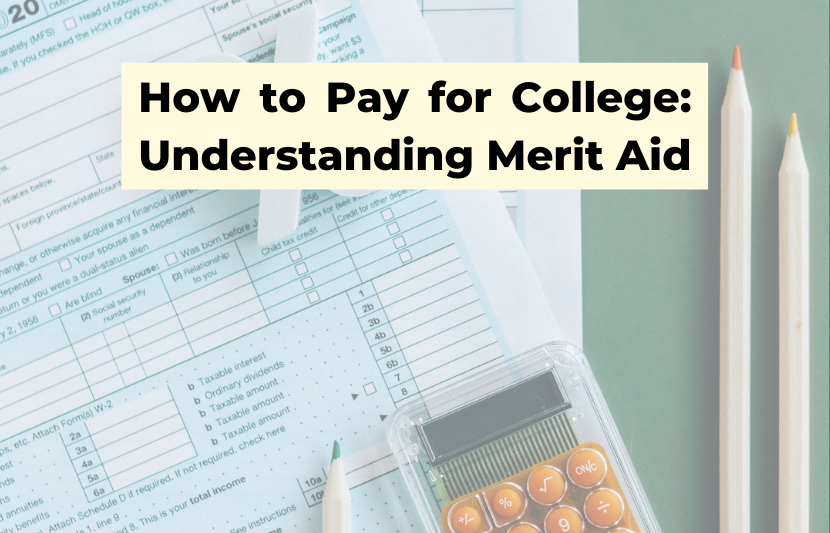In this episode of TUN TV, Dr. Crystal Rose interviews Dr. Loren M. Hill, founder of The Acclivity, about neuropsychological testing.
Dr. Rose: Welcome to The University Network TV where we scan the globe to give students,
their families, and educators the very best tips for student success. I’m your host today, Dr. Crystal Rose. On today’s show, we’re exploring the topic “Understanding Neurodivergence: What is Neuropsychological Testing?” as a part of our college consulting series.
Whether you need testing for extra time on the ACT or SAT, perhaps you’re testing because there is a concern that a student has a learning disability that impacts their educational needs or an IEP or 504 Plan, or perhaps one of those is necessary for all of these areas, one does not just go to any person to test. And we’ll find out more today.
For this series, we’ve invited Dr. Loren M. Hill, a licensed clinical psychologist and successful entrepreneur. She is dedicated to helping others achieve their highest potential through her company The Acclivity. She’s here today to share with you her expert advice.
Welcome, Dr. Hill.
Dr. Hill: Welcome, everyone and thank you, Dr. Rose.
Dr. Rose: Thank you for joining us on this show today. You know we’re talking about neuropsychological testing. So, what is that?
Dr. Hill: Yes. So, it’s testing for neurodevelopmental areas. What does that mean? So, these things happen early in life, early in the developmental process. So, we might see something like communication disorders. We may see autism. We may see speech and language disorders.
There’s a bunch of things in the front of what we use as psychologists, which is called the DSM 5. And the new version is the DSM5-TR. So, you’ll see a lot of things in this area, and the testing is quite extensive. We’re looking for cognitive skills. We’re looking for adaptive daily skills. We’re looking for social interactions. It’s very comprehensive.
Dr. Rose: Wonderful. Who is referred to you to be tested?
Dr. Hill: It could be children all the way through adulthood. But a lot of times, it’s children referred by the pediatrician. They notice that the child is not meeting developmental milestones so they’re wondering if it’s something physiological or psychological. Later in life, we may see people who are being re-evaluated because they were misdiagnosed or not diagnosed at all. In our practice, we see children — I like to call them kiddos – who are around two years old all the way up through adolescence. And actually, the oldest person that I have evaluated was 75 years old.
Dr. Rose: Wow. Could you please describe a typical range of patients?
Dr. Hill: Sure. So, the youngsters may be failing to meet developmental milestones – maybe they’re not talking. By a certain age, you should have a certain number of words in your vocabulary, you should be responding a certain way.
When we communicate, what we have is a couple of areas. We have expressive speech, which is what I’m doing now – I’m expressing myself by talking. There’s receptive, which is what Dr. Rose is doing right now – she’s hearing what I’m saying. And then, of course, there’s the non-verbal – I tend to talk a lot with my hands, I have a lot of expressions. And so, those areas encompass communication sort of broadly, but we are looking to see if a child or an adolescent has met those milestones with communication.
Additionally, if a child is already in school, we want to see if they’re at grade level. What would their peers be doing? Are they spelling? Are they able to do math? Are they able to do reading comprehension? So, if someone is not meeting these, their pediatrician, their doctor or even their school may say, “We need to have you evaluated.”
Dr. Rose: That’s really interesting, too, for a lot of school-age students or students who are looking to go to college.
Dr. Hill: Absolutely. So, what we hope is that parents, teachers in middle school and particularly high school have been able to identify if a child needs some extra support – extra time on testing, if they need an aid, if they need what we call special accommodations. So, if they have this, then they can take that with them to a testing center, or when they’re signing up for their tests, and let them know that they need special accommodations.
Now, sometimes kids, kiddos, youngsters are able to kind of get through high school and they may not notice a challenge until they get to college. My recommendation is, always, once you notice there’s a problem, go to the student support service center. Get some help, reach out, let them know.
As you know, I was a long-time college professor and even a department chair, so I was an administrator at universities as well. What would sometimes break my heart is, when a student would come in and not pass a class only for us to later find out that they needed special accommodations, and we really could have given them those.
Dr. Rose: What I’m hearing is that this is really considered high-stakes testing.
Dr. Hill: And we call it high-stakes testing because it impacts an individual’s life. So, you have some sort of area that you may have challenges then, if you are other-abled or if you are neurodiverse, we really want you to stay and hang in there. But it can be difficult if the world doesn’t know that you have what is sometimes called an invisible disability.
Dr. Rose: And how long does neuropsychological testing normally take? How long can someone expect this test to last?
Dr. Hill: Yes. So, it’s a process and it encompasses multiple assessments. It can be eight hours. It can be 10 hours. It really depends, and before anybody gets scared away – believe me, you don’t have to sit in the office at a test for that long – we generally try to break it up over multiple sessions. We also interview the parents or the caregivers because we have to get as much of a developmental history as possible.
Dr. Rose: I also appreciate the time that it would take in order to really evaluate someone in a very thorough way. What are the outcomes?
Dr. Hill: So, the outcomes of testing are diagnosis, if there is one, and it may not be something like autism. It could be a specific learning disability – maybe you’re able to operate in a bunch of different settings, but this one narrow place is where you might have some challenges. So, please note that it doesn’t have to be a full-on “Oh, my world is ending.” I always tell parents and students, “No, this just means that we’re going to be able to help you.” So, you have a diagnosis and the report will include recommendations.
The other thing, Dr. Rose, is that oftentimes someone will come in and they have been evaluated through their school district. That’s generally done with a school psychologist, and they are not able to give a definitive diagnosis. What they give is accommodations for the school day. What can you do during the academic day? Where do you need support? You have to go to a licensed psychologist or psychiatrist to get a diagnosis. But again, that diagnosis will have recommendations such as “refer to the school district” or “needs extra time.” That can be worked out depending on the situation.
Dr. Rose: Is that something like a 504 Plan or IEP?
Dr. Hill: Yes. I’m so glad you used that language. You are exactly right. An Individual Education Plan or IEP is something that a child will come away from their school with and it too follows them.
If you have an IEP in high school, junior high or sometimes as early as elementary school – because I have youngsters that come to me who have been evaluated pre-K – it follows you, and you can take that same IEP to your university and let them see it because it has recommendations already. So, those would just follow you. If you need extra time, if you need someone to scribe or write your notes for you, those types of things will be in an IEP. However, a diagnosis is not in an IEP because a school psychologist cannot give a formal diagnosis.
Dr. Rose: Thank you. There you have it – the ins and outs of neuropsychological testing, why it’s important, when you should consider it. It can be a game changer for students, particularly when pursuing higher education. Hopefully, going forward with Dr. Hill’s advice, you’ll understand how to navigate this better.
Thank you for being on the show today, Dr. Hill.
Dr. Hill: Thank you, Dr. Rose.
Dr. Rose: Thank you very much for joining us on this episode of The University Network’s television show. I’m your host, Dr. Crystal Rose. Until next time on TUN TV.
This interview has been edited for clarity.
For more exclusive interviews with experts who share their insight to help students succeed, check TUN TV!












